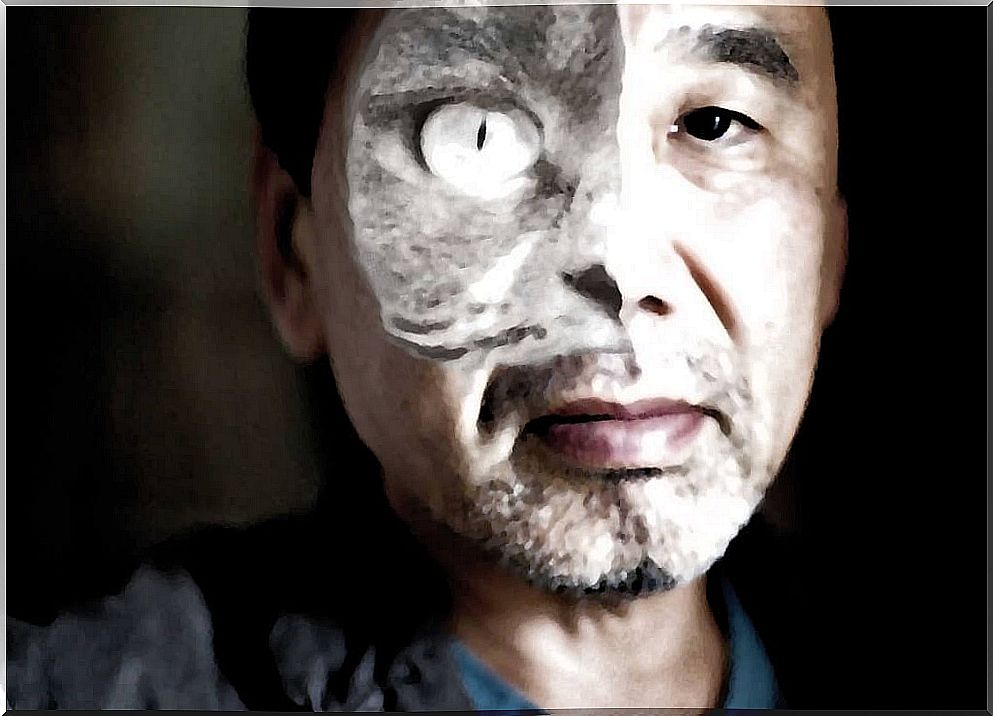What I Learned From Reading Murakami

Murakami is one of the foreign writers who enjoy the reception of the general public and at the same time who count on the blessing of a good part of the literary critics. For example, if we look at the list of the last Nobel Prize winners in literature, we can see there appearing many authors unknown to many regular readers, not to mention the anonymous some may be for those who do not enjoy the pleasure of reading. Sadly, Murakami never received such an award, but at least in recent years he has counted.
He is also perhaps one of those authors who opt for titles that few publishers would choose and who show the weight the author has in deciding the details around his books. Also, maybe the author is better able to portray a character regardless of what stage they are going through.
In his novels, Japanese culture is omnipresent. He attaches particular importance to the ceremonial part that the Japanese grant to relationships of trust. In his novels, companionship seems to be the accidental state, and loneliness the natural state. This may also be related to the author’s own character, who confided to be a very introverted person.
The one who spends the day exercising his will power has chosen a bad plan of life. Murakami deals with this subject in an extraordinary way when it refers to physical exercise. In this sense, many people who play sports every day are recognized by many others as possessing enormous willpower. It may be true, but for the majority of people who carry out a sporting activity for years, it is not a sacrifice or pledge of an enormous force of will, but a pleasure above all.
They do it because for them it’s easier, more fun and more motivating than other alternatives. They prefer an hour of physical exercise to an hour of meeting or English class, they prefer sport to many other activities. The opposite, except for health reasons, would be torture that few people would endure.
In this sense, many activities are idealized ; for example, think of a young boy for whom would love to stay at home on a Saturday evening and read quietly, and for whom on the contrary would be an ordeal to have to spend a moment in a discotheque. So he would come home early, but for his friends, it would be proof of enormous strength of will to miss out on a night out at a club.
It seems that what is healthy, recommended and positive should also be unattractive, ungrateful and demotivating. On the contrary, the opposite seems to be temptation, desire and whim. However, often this is not so and this is where the confusion of the will begins. So you can spend a while swimming against the tide, but a lifetime of doing it just doesn’t make sense.

The world is divided into two types of people: those who eat a lot and don’t gain weight, and those who store every calorie they ingest. It is normal for the first group to be jealous of the second; one rarely hears people who belong to the first group complaining and expressing a desire to belong to the second.
However… this sort of genetic injustice has its counterpart. People with a greater tendency to gain weight generally pay more attention to their diet and worry about eating a more varied diet as well as not torturing their metabolism with heavy meals when their pace is very low. Thus, it is not uncommon for a person who is above the recommended weight for their height to have a more balanced and healthy blood test than that of a thin person.
Thus, people who are more sensitive to fluctuations in weight rely on a “wake-up call” that will go off more easily in the face of many health problems. Thus, this is an advantage that is often overlooked. Moreover, this is only an example; there are many others which also prove to what extent, often, we tend to regard as negative situations which nevertheless have significant advantages.
The galloping globalization that we are witnessing in recent years causes the fusion of cultures, but to a great extent also has the effect of homogenizing them. On the other hand, we live in a competitive world where creativity is as scarce as its price is huge. So, in a way, we all want to have our own voice and style of our own while trying to get the groups we identify with to accept us. It is the paradox of wanting to be alike by being different.
Always remember that each person is unique. The price to pay for this difference results in arguments, misunderstandings and disagreements.

No one deserves to take on this weight or to have this privilege in their hands. Nothing and no one once you reach maturity. Whether it’s a person we love or a job we like. Not only because your freedom is a privilege that should intrinsically belong to you (within the limits of the law, of course), but because if you happen to entrust someone or something with your freedom, you will doom yourself. the same time.
You may endure it at first, but sooner or later you will regret that you gave it up. Probably this will deteriorate the relationship you have with this person you love or even end it, or will stop you being passionate about this occupation which before filled you.
“We didn’t really know who she was. She was just a being. And she had a special ability that allowed her to separate her body from her heart. “I’ll give you one of the two,” she told Tsukuru. “Either my body or my heart, but not both. So now you have to choose one, because the other, I’ll give it to someone else, ”she said. However, Tsukuru wanted her in her entirety and wanted both. He couldn’t imagine her giving the other half to another man. This idea was unbearable to him ”.
Nothing better than the words of the author himself to clarify his own thinking; for him, love has a powerful chemical part, but it is no less certain that it has a powerful physical part. To renounce one of the two dimensions is to seriously injure self-esteem. Condemn him to perpetual dissatisfaction which will get the better of him. Perhaps conceptually it is possible to separate soul and body, but love needs the two to form an orchestra that is harmonious.
Surely if you looked at Murakami’s work, you would be able to learn your own lessons from it. Perhaps his characters don’t speak too much, but his books are open communication for reflection and personal enrichment.









